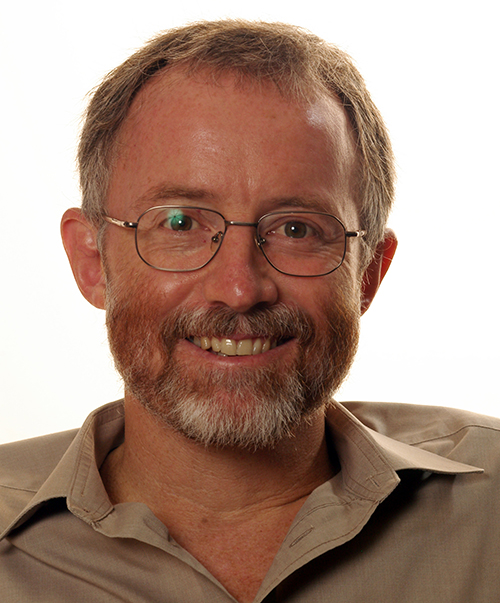Computers are becoming essential in modern society with a tremendous influence on how humans create and solve problems. The North-West University's (NWU’s) Intelligent Systems research group is on a mission to develop next-generation solutions that will help solve transportation problems using technology.
Within the School of Electrical, Electronic and Computer Engineering, the research group headed by Prof Alwyn Hoffman focuses on some of the underlying disciplines on which this revolution is based. The group comprises 14 members composed of two professors, two PhD students, four master’s students and six final-year project students.
“We find ourselves amid the Fourth Industrial Revolution, a wave of new technologies that are profoundly changing the world around us. It manifests in various forms, from self-driving cars to the exploitation of social media to construct targeted marketing campaigns,” explains Prof Hoffman, adding that the first core component is the Internet of Things (or IoT as it is more commonly known).
“This entails embedding intelligence into small items and linking them to each other via die Internet, resulting in a vast network of interactive agents. A common IoT application is an infrastructure that is aware of its environment and can react intelligently to different conditions.
“This may be a road that records the traffic that moves over it and measures the damage caused by each vehicle, allowing us to understand how and why potholes form and what should be done to prevent them. We find similar applications in precision agriculture, intelligent buildings and smart traffic systems," he says.
Prof Hoffman explains that the other fundamental pillar of this field is artificial intelligence (or AI), which involves learning intelligent behaviour by extracting information from vast sets of collected data that endeavours to mimic human intelligence. It studies how humans learn from their environment and then emulates this within powerful computers.
One of the focus areas of the Intelligent Systems research group is Intelligent Transportation Systems.
The group's active projects include the following:
- Modelling of the behaviour of road users to extract cause-effect relationships impacting road safety and security. As part of this work, the group collects data from road infrastructure and vehicle tracking systems to measure compliance with various rules and to identify road users with a high propensity for non-compliance.
- Predicting future traffic states by using data from static sensors and floating vehicles. "We predict future traffic speeds and volumes. This enables the provision of optimal advice to road users to avoid congested traffic and to traffic authorities to prevent congestion through proactive measures," explains Prof Hoffman.
- Intelligent in-road sensors - these devices assess the state of the road pavement structure, detect the traffic moving over it, identify vehicles using illegal number plates, and extract cause-effect relationships between vehicle characteristics and resulting road damage.
Prof Hoffman says that the primary purpose is not to replace the human element in society or the economy.
"The aim is to provide intelligent support in areas characterised by large amounts of data to be processed, fast decisions to be taken or where a high degree of consistency is required. This can enable less experienced humans to successfully complete complex tasks that would otherwise require scarce expertise, thus extending the capabilities of human operators far beyond their natural abilities."

Prof Alwyn Hoffman heads the Intelligent Systems research group at the NWU.
